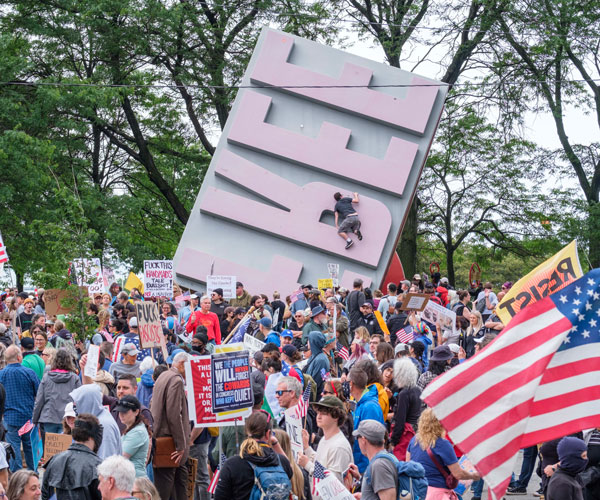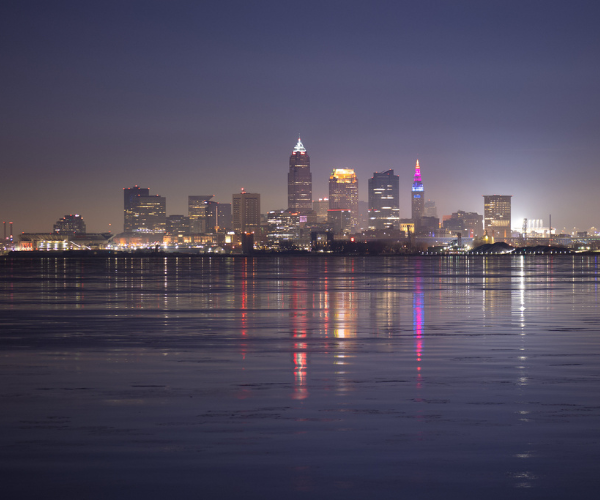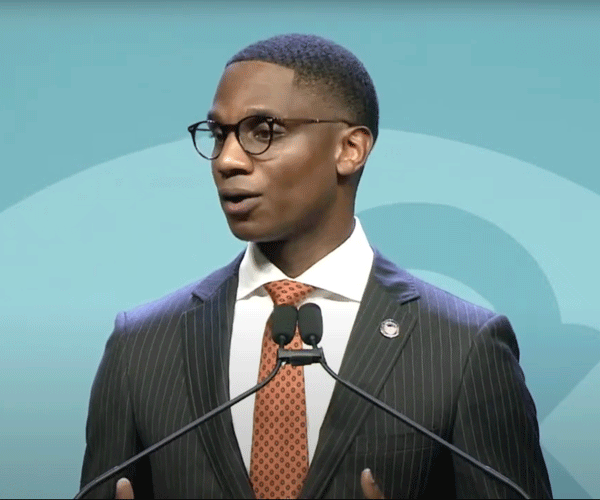With all the focus on national politics, one could easily forget that Cleveland will soon select a mayor. But later this spring and summer, we will be hearing a lot more about the race and the candidates. In the end, the top two candidates will go head-to-head in a November smackdown. Whoever wins that election will inherit a city reeling from the fallout from the coronavirus, and increasingly crying out for change. The defining question of the race will then be one of degree: as the city emerges from the crisis, exactly how much change do Clevelanders demand?
“The next mayor needs to know what he or she is doing on day one,” says City Council President Kevin Kelley, who is considering a run. “There is a path out of this, and to me the path isn’t back to where we were. The path is to where we can be. If we make certain changes, I think we can get to a point where we’re building a more prosperous, more equitable community.”
With candidates like Kelley portraying themselves as bringers of change, the city’s political culture could see a reset. Mayor Frank Jackson’s no-drama brand has been the firm norm in the city for 15 years.
Two outsiders, Republican Arthur Kostendt and West Park attorney Ross Dibello, have thrown their hats in. Other candidates could file to run before the June 16 deadline. A pair of heavyweight Democrats, former mayor and U.S. Rep. Dennis Kucinich and Kelley, are also raising funds and publicly considering their options.
Justin Bibb, a 33-year-old nonprofit executive and native of Mt. Pleasant, is the only officially announced mainstream candidate as of early February. He makes up for a lack of political experience with a knife-keen policy mind and a surprisingly hefty fundraising haul. “I am the least experienced when it comes to the status quo. I don’t have the mindset of ‘Oh it hasn’t been done here before so we can’t get this done,’ ” says Bibb. “I think that mindset has plagued our ability to really achieve our potential as a community.”
Any serious candidate will, at minimum, need to pledge to improve election turnout, overhaul City Hall’s chronically transparency-averse culture, accelerate the pace of change in the city schools, fix Cleveland Public Power, bring economic prosperity to more neighborhoods, close the digital divide and reform the police department.
“We can’t wait for new leadership and new ideas to move the city forward,” says Bibb. “This is about meeting the moment, so that Cleveland can really be a city of opportunity for the next 100 years, not just for the next election cycle.”




